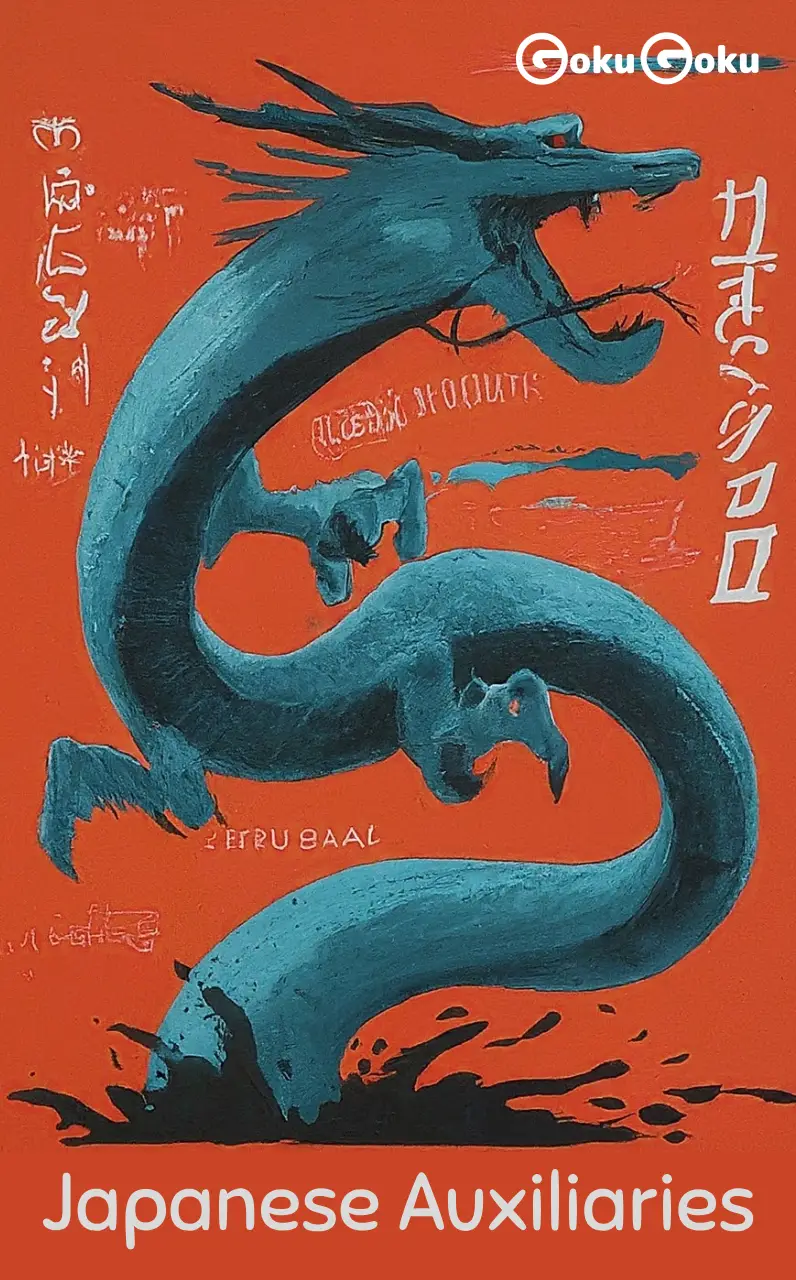やら (yara) Meaning Japanese Grammar - And
GokuGoku
Get in touch with me5 min reading time
The expression やら (yara) means and as a conjunction for lists and items, but is used in various contexts with different translations based on the specific situation.
In this post we learn more about the meaning of やら, how it is formed, and when やら is used through real example sentences.
How やら is formed
やら has various uses and also positions within the sentence. やら can be found as:
adverb combined with a verb
adverb combined with a noun
final particle in the sentence
やら is also found joined to the particle の and becomes のやら, with verbs, nouns and adjectives
How and when to use やら
やら typically expresses doubt, uncertainty and even dismay and concern.
息子は毎日毎日ゲームばかりして、何をしているのやら。
My son plays every single day, I really don't know what he's doing.
In the example sentence we note the mother's concern with her child, in a situation that seems unable to be stopped or controlled.
どこにパスポートを置いたのやら、思い出せない。
I can't remember where I put my passport.
With the adjective in na, the particle な is placed before やら.
友達はいつも不機嫌そうだ。いったい何が不満なのやら、わからない。
My friends always seem to be in a bad mood. I don't understand why they are dissatisfied.
やら~やら for lists
You often find and hear the double use of やら:
It is used in the case of listing of things, objects or in which situations similar to each other are reported.
財布の中にカードやらレシートやらが入っている。
In the wallet there are credit cards, receipts, etc.
It is also used a lot in union with verbs.
昨日は雨が降るやら強い風が吹くやらで、どこへも行かなかった。
Yesterday between rain and wind, we went nowhere.
The contexts in which やら~やら is used are often negative in nature, reporting unpleasant, difficult, annoying and complicated things to do or deal with.
あなたの部屋は本やら服やらで散らかっている。
Your room is cluttered with books and clothes.
In this sentence we perceive the negative evaluation of the condition of the room and a certain annoyance on the part of the speaker.
Difference between やら~やら and や
The synonyms for やら~やら in the listings are:
~や~など
~たり~たり
In the first case we remember that や is used only with nouns.
冷蔵庫の中に卵や牛乳などがある。
There are eggs, milk, etc. in the refrigerator.
どうやら - It seems that
The question どう of the kosoado series combined with the particle やら forms the expression どうやら.
This is another commonly used expression which translates as:
As adverb:
apparently,evidentlyIn combination with a verb:
it seems that ...,it looks like ...,apparently
どうやら誤解があったようだ。
Apparently there was a misunderstanding.
どうやら明日は雨らしい。
It will probably rain tomorrow.
Listening to the weather forecast on TV, it seems that the conditions are right for it to rain tomorrow.
More examples with やら
彼は来るのなら来ないのなら全く分からない。
I have no idea if he will come or not.
Sense of uncertainty and annoyance towards the person you are talking about
最近娘が何を考えているやら、女の私でもわからない。
I don't understand what my daughter thinks ultimately, even though I am a woman myself.
Also in this example the concern is expressed for a situation in which there is no certainty: in a state of dissatisfaction and difficulty.
これからどうしたら良いのやら。
What should I do now?
We see in this example the use with a adjective in i. This sentence is surely pronounced following an event that creates concern or thoughts that can generate feelings of tension on the part of the speaker.
税金やらチップやらで,勘定は合計して100ユーーなる。
The account between taxes and tip, amounts to 100 euros.
Similar grammar points in Japanese 📚

